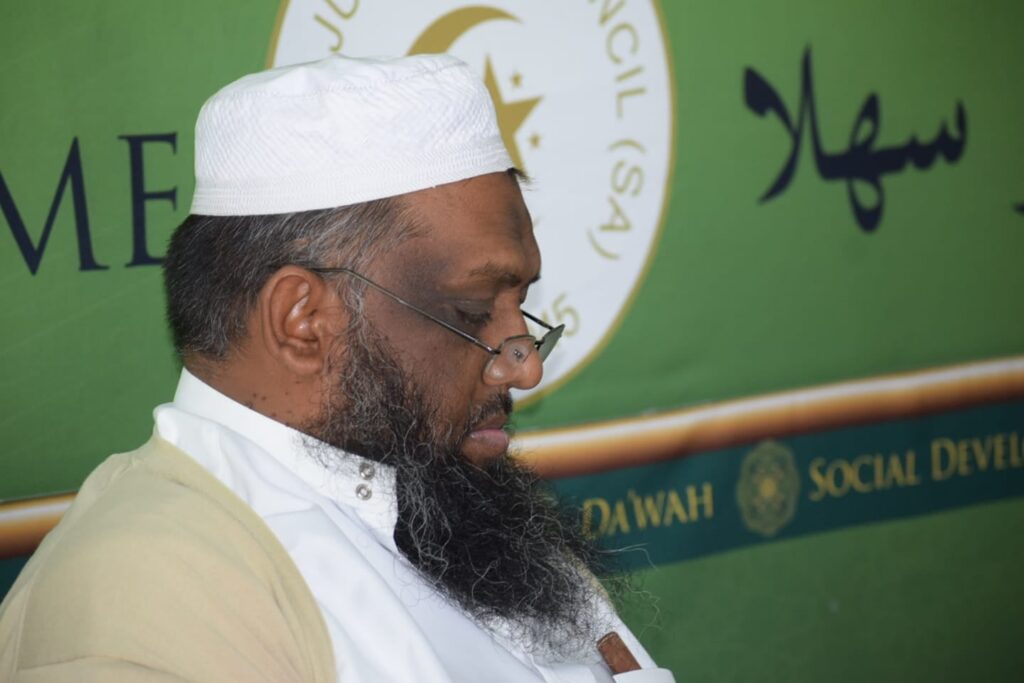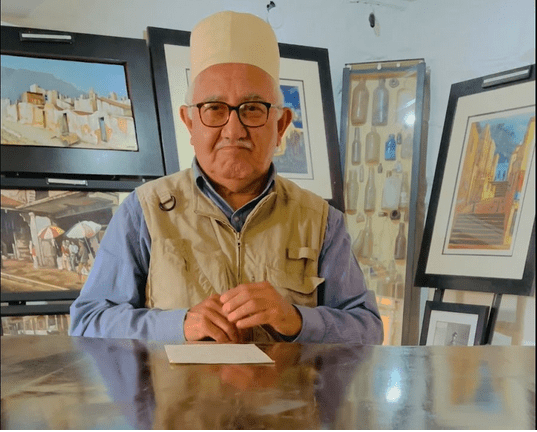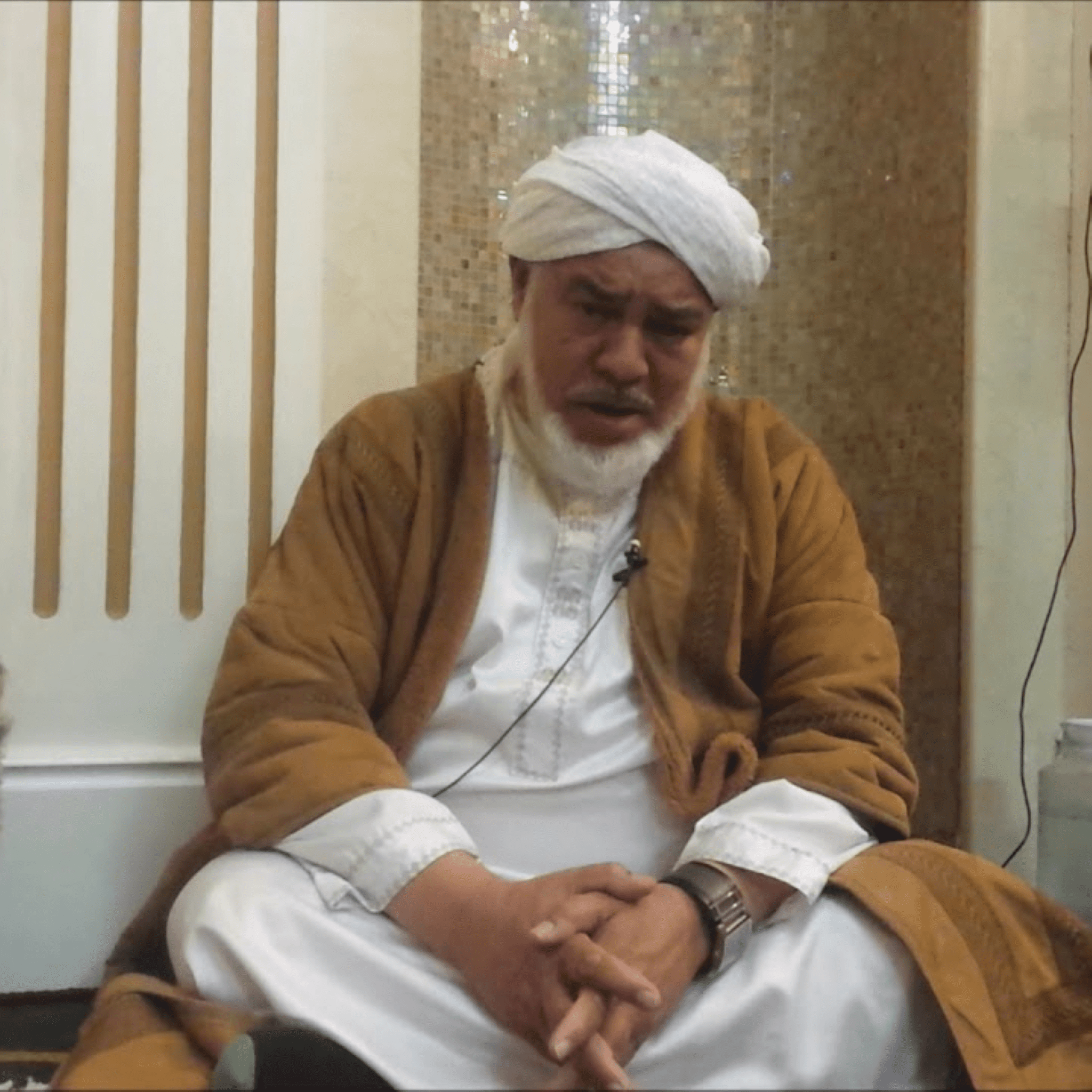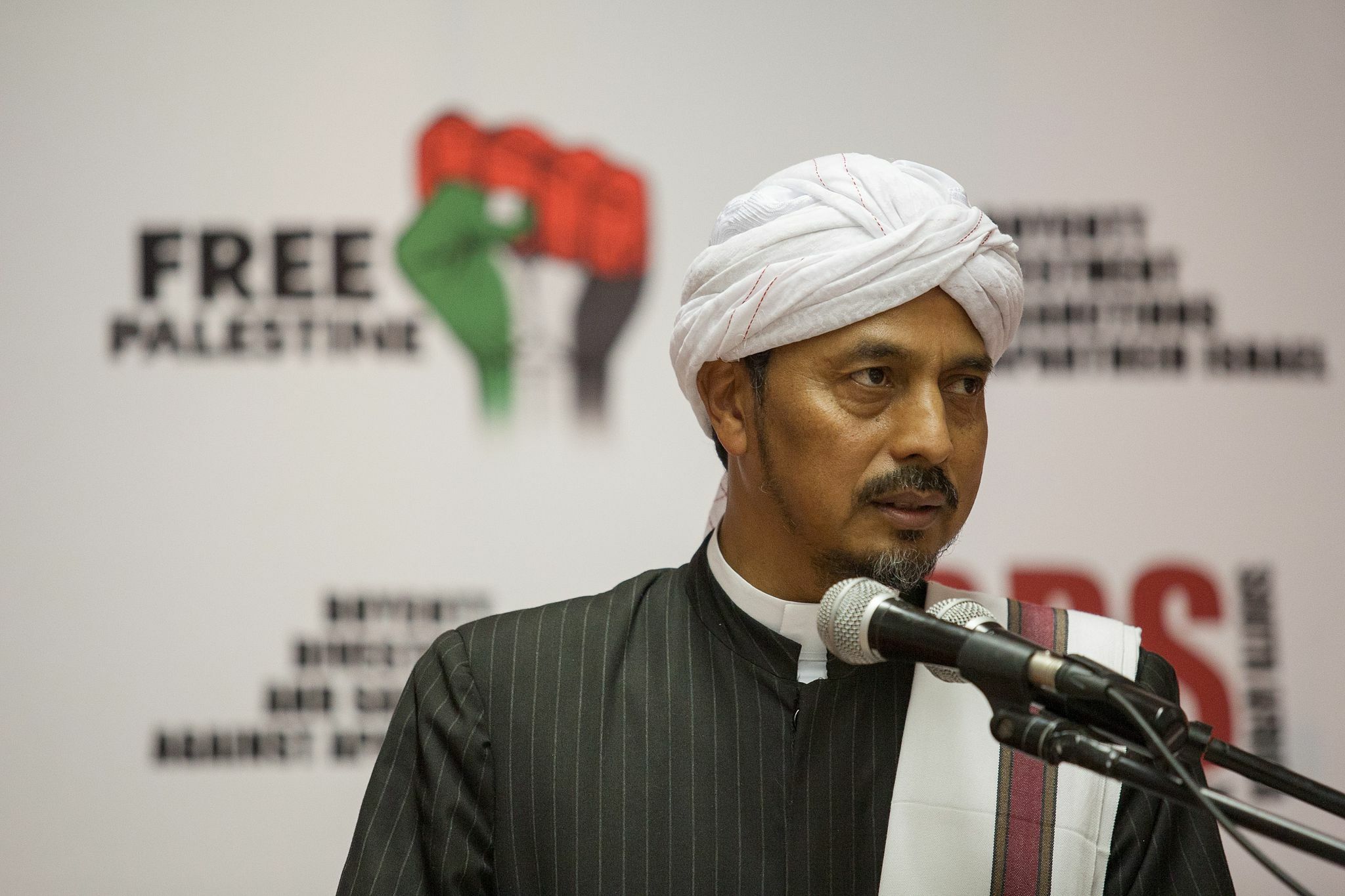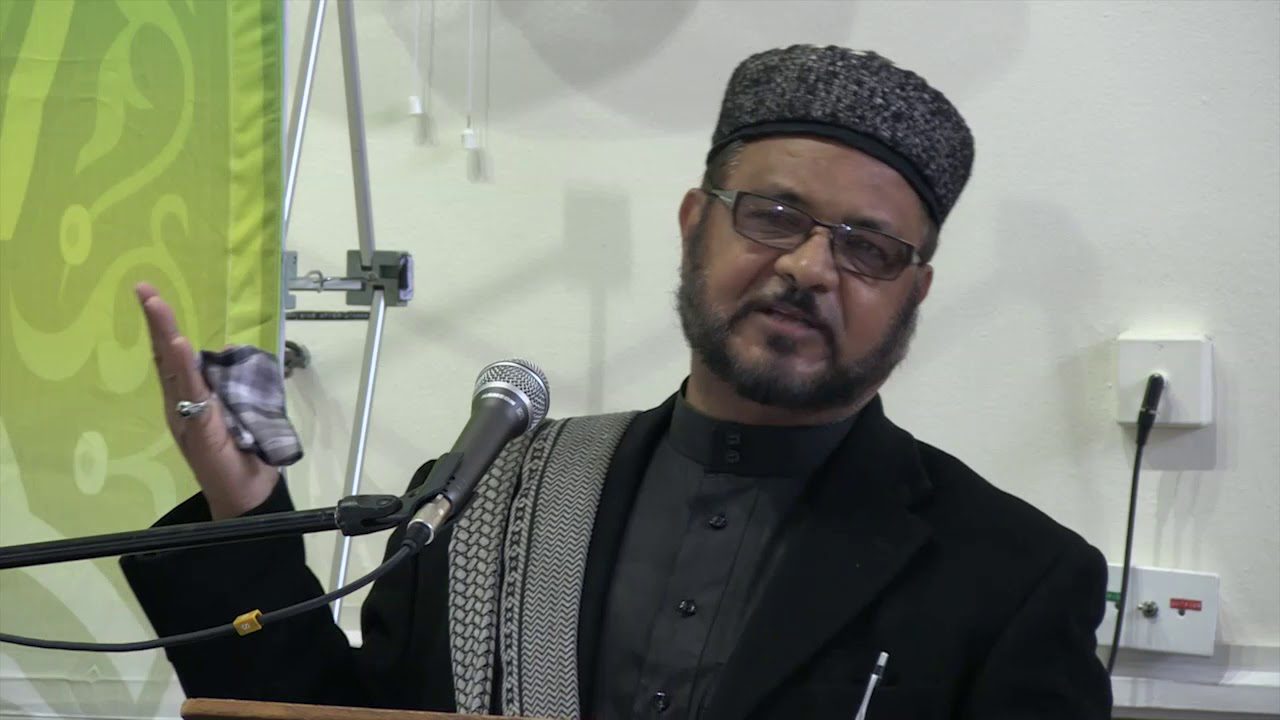Mawlānā Taha Karaan, a celebrated Shāfiʿī scholar, was Cape Town’s pride. His family, known for their vast Islamic scholarship, traced back their legacy in both maternal and paternal lineages. His father, Shaykh Yusuf Karaan, carved a niche for himself in the Cape’s Islamic community. He’s notably remembered for translating pivotal works of Shaykh al-Ḥadīth Mawlānā Muhammad Zakariya al-Kāndahlawī. Shaykh Yusuf also made significant contributions to the Muslim Judicial Council (MJC), offering four decades of service in their Fatwa Department.
Mawlānā Taha Karaan’s Formative Years
Mawlānā Taha showcased prodigious talent and dedication from a young age. He accomplished his Qurʾānic memorization within a year at Waterfall Islamic Institute, South Africa’s most seasoned Islamic seminary. While there, he contributed to the esteemed Qurʾānic prints that the institute is globally recognised for. His educational journey then took him to Dār al-ʿUlūm Deoband in the Indian subcontinent. He graduated with top honours, reminiscent of his father, among a cohort of hundreds. His thirst for knowledge then took him to the Middle East, culminating in a two-year diploma from Cairo’s Higher Institute for Islamic Studies.
Mawlānā Taha was fortunate to acquire chains of transmission (ijāzāt) in diverse Islamic fields from reputed scholars spanning multiple countries.
Mawlānā Taha’s Contributions
After his father’s demise, Mawlānā Taha shouldered the responsibilities of the MJC’s Fatwa Department. His leadership also extended to South Africa’s Islamic finance sector, notably with ABSA, a leading bank. But what distinguished him was his commitment to education. In 1996, he founded Dar al-ʿUlūm al-ʿArabiyyah al-Islamiyyah, a seminary that echoed his vision of preserving Islamic teachings while adapting to the modern world.
Taha Karaan’s influence was felt far and wide. He was fondly dubbed “ash-Shāfi‘ī as–Sagīr” by Khalil Ibrahim Mula Khatir. His contributions to Islamic education saw the establishment of Dar al-Uloom al-Arabiyyah al-Islamiyyah (DUAI) in Strand and later the female section of DUAI in 2016. Beyond his role as an educator, he was a defender of the Prophet’s companions, notably through the Mahajjah Research Institute he founded. His prowess in engaging with Shia dialogues was also widely acknowledged.
Shaykh Taha was the recipient of numerous chains of transmission (ijazaat) – from well-respected scholars in India, Pakistan, South Africa, Egypt and Saudi Arabia, among others – in numerous fields of Islamic study.
In his teaching, writing and legal verdicts (fatawa), Shaykh Taha regularly addressed contemporary issues such as the challenges of post-modernity, feminism, Islamic economics and finance, the old and new Orientalisms, and fiqh issues affecting diaspora Muslim communities.
The Literary and Personal Side of Mawlānā Taha
Among his many accolades, Taha Karaan penned “Fleeing from Fate to Fate: 40 Ahadith on Contagion and Pandemics”. Those fortunate to study under him often painted a picture of a man blessed with vast knowledge, an impeccable memory, and a love for Islamic literature. His humility, brilliance, and tender-hearted nature made him a beloved figure in the community.
